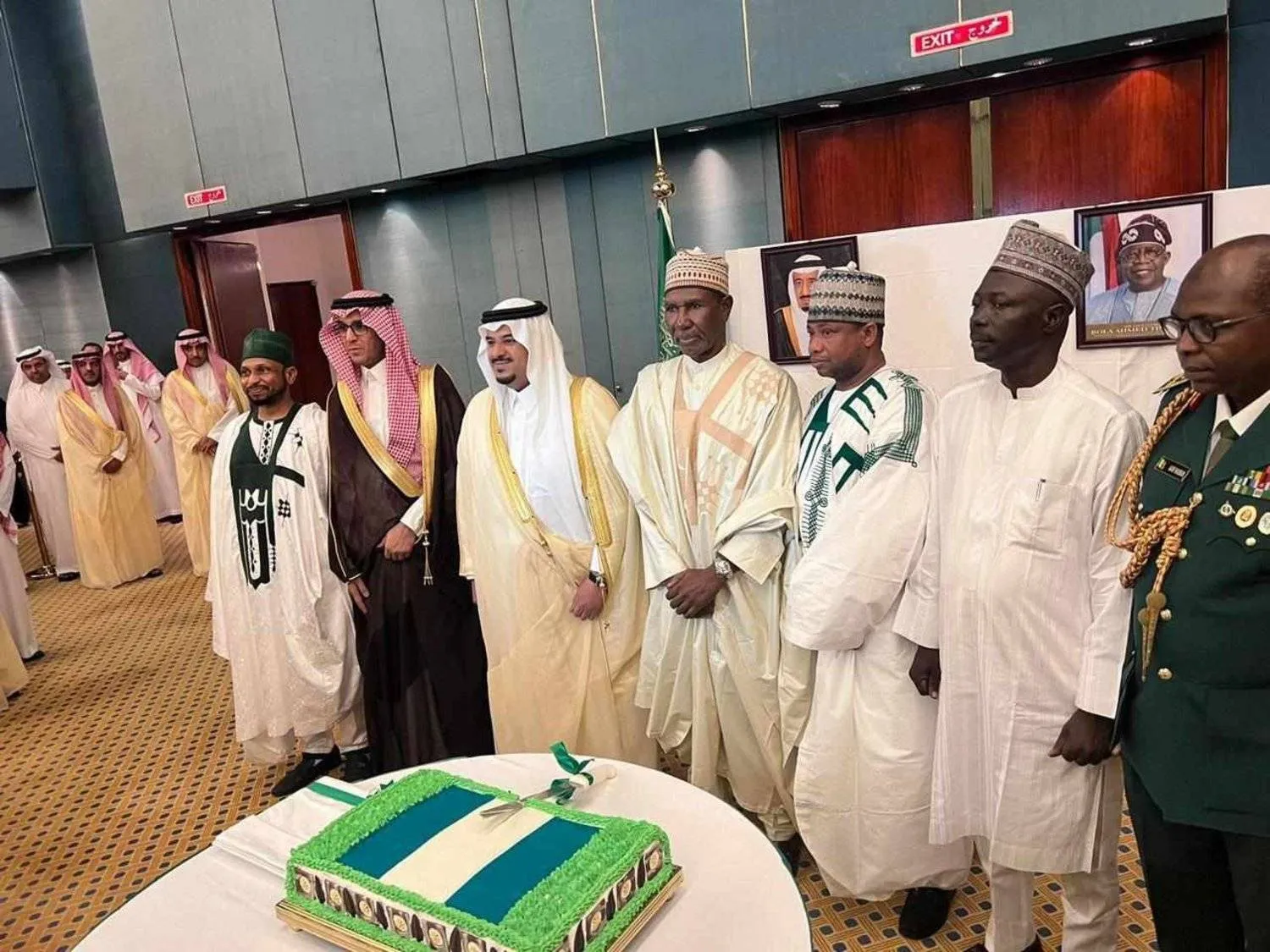Nigerian Ambassador to Saudi Arabia Yahaya Lawal has expressed support to the Kingdom in its strategy that encourages the OPEC+ group to guarantee the global energy markets' stability.
He revealed that there are ongoing negotiations between the two countries on more than 12 agreements and MoUs to boost strategic ties and joint work.
In remarks to Asharq Al-Awsat newspaper, the ambassador said that Abuja and Riyadh - as OPEC members - maintain solid cooperation in favor of the global oil market. They work under the OPEC+ framework to maintain the stability of the market and to achieve a fair price.
Saudi Arabia and Nigeria are essential in terms of oil and share a strong partnership in preserving the oil market’s stability which is crucial to the global economy, he added.
OPEC data showed that Nigeria produced 1.18 million bpd in August.
12 Agreements and MoUs
Lawal remarked that both countries are holding talks over 12 agreements and MoUs as part of the Nigeria-Saudi Joint Commission.
He further noted that an agreement was previously signed between the chambers of commerce and industry in Saudi Arabia and Nigeria, and it would reinforce trade, economic, and investment cooperation.
Lawal stressed that the current talks are part of endeavors to boost cooperation in many fields, including energy, oil, gas, investment protection, avoiding dual taxation, transport, anti-corruption, money laundering and financial crimes, education, human trafficking, security and defense cooperation, and other sectors.
According to the Nigerian ambassador, the Saudi-Nigerian ties have elevated remarkably in various fields in which some Saudi investors have launched investments in Nigeria, especially in real estate development and agriculture where the trade level is undergoing an uptrend.
Saudi Arabia's exports to Nigeria were $696.28 million in 2021, he noted, adding that the exports include petrochemical products and other finished goods.
For its part, Nigeria exports agricultural products, coal, and some household goods.
The ambassador went on to say that the bilateral trade is expected to boost in the coming period, highlighting that the positive change is obvious given that trade between both countries was low in the past years and was mainly focused on unofficial trade, especially during the Hajj season.
Lawal stated that Saudi Arabia and Nigeria share a long history of ties that goes back centuries before the foundation of both countries. Nigerians used to head to the Kingdom to perform Hajj and for commercial purposes.
He said he looks forward to the business community in both countries unlocking the available opportunities in investment and commerce in Nigeria.
Moreover, he pointed out that there are abundant joint features on which both countries are working, amid new initiatives of mutual interest.
Lawal clarified that Nigeria has a population of more than 220 million and they represent a huge production force, concluding that his country enjoys huge potentials and various resources, as well as investment-friendly laws.









